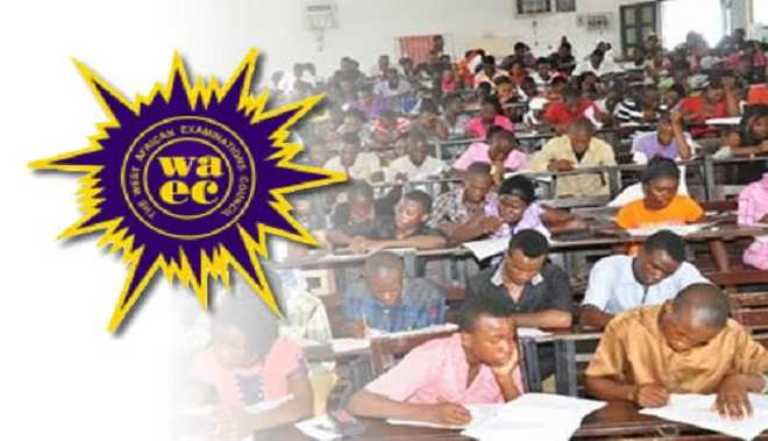The West African Examinations Council (WAEC) has taken decisive action against examination malpractice in Nigeria, revoking the examination center licenses of 574 secondary schools. This significant move underscores WAEC’s commitment to upholding the integrity of its examinations and ensuring a level playing field for all candidates. The affected schools, whose licenses have been withdrawn, will not be permitted to serve as examination centers for the upcoming 2025 West African Senior School Certificate Examination (WASSCE) and beyond. This action serves as a strong deterrent against future malpractice and reinforces the importance of ethical conduct in the education sector. WAEC has officially communicated the list of these schools to the Nigerian government, further solidifying the collaborative effort to combat examination irregularities.
Dr. Amos Dangut, Head of WAEC’s National Office, announced this decision during a press briefing held at the organization’s headquarters in Lagos. He emphasized that the revocation of licenses applies to all examining bodies, highlighting the unified stance against examination malpractice across the educational landscape. The affected schools are effectively unrecognized as valid examination centers by WAEC, signifying a firm commitment to upholding the sanctity of the examination process. This measure underscores the severity with which WAEC views examination malpractice and the organization’s unwavering dedication to maintaining credible and trustworthy assessments.
The 2025 WASSCE is set to commence on Thursday, April 24, 2025, with a staggering 1,973,253 candidates registered from 23,554 schools across Nigeria. This significant number of participants underscores the importance of maintaining a fair and transparent examination environment. The gender distribution of the candidates reveals a near-equal representation, with 979,228 males and 994,025 females preparing to sit for the examination. This balanced participation reflects the growing accessibility of education for both genders in Nigeria and the importance of WASSCE as a gateway to further academic and professional pursuits.
WAEC’s proactive measures against examination malpractice are crucial for preserving the credibility of its certifications. The WASSCE serves as a vital qualification for students seeking higher education and employment opportunities, making its integrity paramount. By taking decisive action against schools involved in malpractice, WAEC safeguards the value of its certificates and ensures that they remain a reliable indicator of academic achievement. This commitment to upholding standards benefits not only the students but also the institutions and employers who rely on these certifications.
The revocation of licenses for 574 schools sends a clear message that WAEC has a zero-tolerance policy towards any form of examination malpractice. This firm stance is essential for fostering a culture of academic integrity and promoting ethical behavior among students, teachers, and school administrators. By holding schools accountable for their role in maintaining the integrity of the examination process, WAEC contributes to the overall improvement of the education system. This proactive approach not only addresses the immediate issue of malpractice but also fosters a long-term environment conducive to ethical academic practices.
The collaborative efforts between WAEC and the Nigerian government demonstrate a shared commitment to tackling the challenge of examination malpractice. By sharing the list of affected schools, WAEC facilitates a unified approach to addressing the issue and ensures transparency in the process. This partnership is crucial for creating a sustainable solution and fostering a culture of integrity within the education system. The combined efforts of WAEC and the Nigerian government will contribute significantly to ensuring the continued credibility and value of the WASSCE and other examinations.


